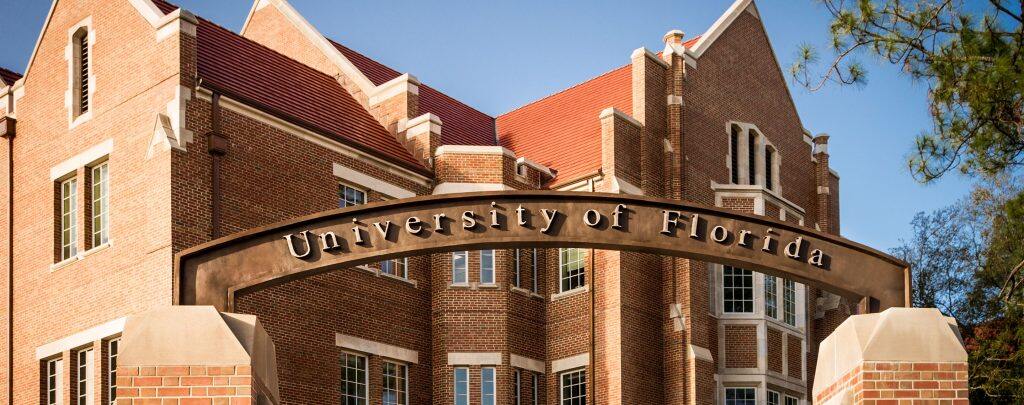Two recently released national rankings recognized UF as continuing its momentum among the best in the country for value and quality.


Money magazine ranked UF at No. 8 in the Best Colleges in America, Ranked by Value list among public universities, up from No. 13 last year. In the list that ranks both public and private universities, UF advanced from No. 21 to No. 16, closely trailing Harvard.
In Washington Monthly’s 2020 National University rankings list, which takes a holistic view of what both public and private universities offer to students, UF continued its steady rise, moving up one overall spot to No. 15 just behind Columbia University and just ahead of University of California, Berkeley, University of North Carolina at Chapel Hill and University of California, Santa Barbara. UF ranks at No. 6 when only public institutions are considered.
“UF is committed to providing a world-class education that is affordable to students of all backgrounds, and these rankings recognize that our outcomes are true to our values,” said UF President Kent Fuchs.
In addition to affordable tuition for Florida students, more than 80 percent of undergraduates receive financial aid. According to the survey, average student debt for a UF graduate was $16,250.
One program designed to grant access to education is the Machen Florida Opportunity Scholarship, which assists historically low-income first-generation college students in meeting their college costs. Scholarship recipients receive a full grant and scholarship package to earn a bachelor’s degree at UF. First-generation students also have community support within the program to help one another navigate college as the first in their families to attend.
Washington Monthly launched its 2020 National University ranking as a response to students’ changing interests and motivations in choosing a university. The ranking assesses how schools empower upward mobility, research and civic engagement and places less emphasis on incoming SAT/ACT scores, alumni donations and endowment.
The editorial board of Washington Monthly uses their ranking to answer this: “Which colleges deliver the best results for taxpayers—who invest more than $150 billion annually in student financial aid—and for typical students, especially those who are minorities, the first in their family to attend college, or of modest means?”
Additionally, UF was highlighted for graduating more low-income students receiving Pell Grants than did Stanford, Harvard, MIT, Yale, Princeton and Duke combined. The Monthly staff also recognized UF for being the seventh-biggest producer of science and engineering PhDs in the country while receiving a near-perfect score for its support of student voting.
“Now more than ever, universities play an important role in supporting upward mobility and lifting society as a whole,” said Joe Glover, UF provost. “These rankings are a symbol of UF’s work to empower and support students, and they are a reminder that our work is far from finished.”






































